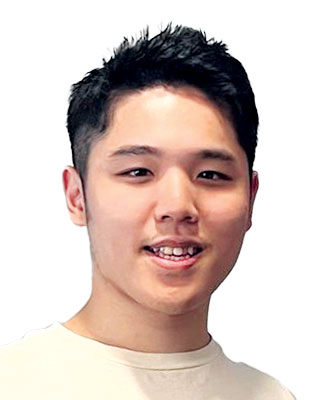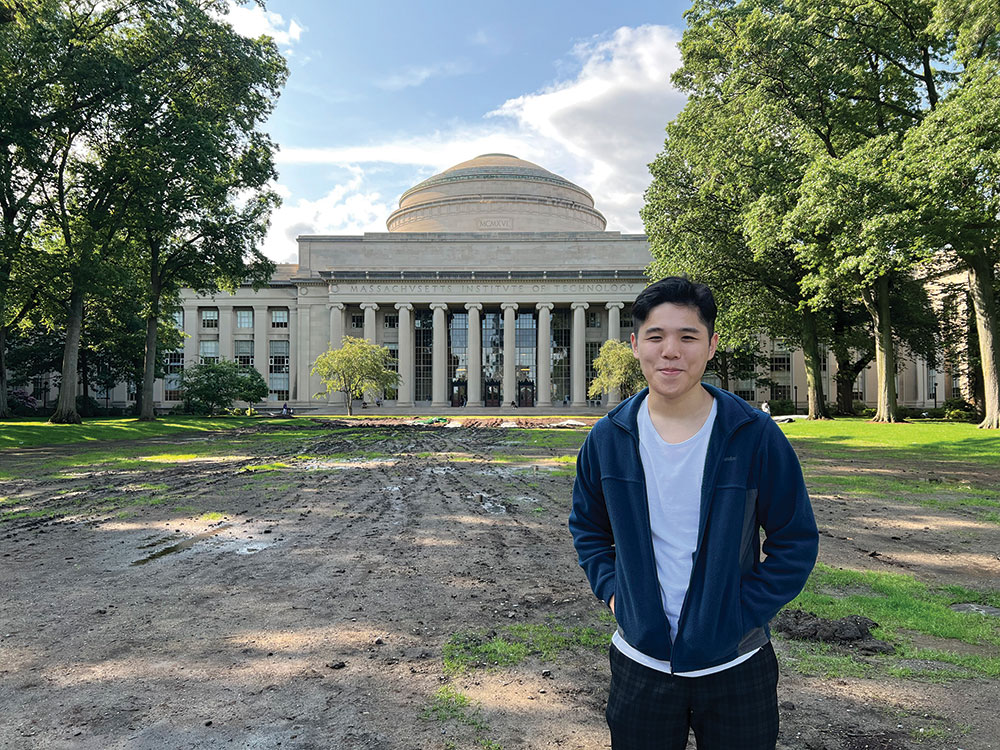Caleb Ng
BBA Global Business
My educational journey from CityU to Harvard University
provided an eye-opening contrast in teaching styles
and learning environments. At Harvard, classrooms
operate under the ethos of individualism, promoting
active participation and open dialogue. Professors often
serve as facilitators rather than as traditional authority
figures, making room for a balanced exchange of ideas.
At CityU, the classroom environment leans toward
collectivism, where students typically work in harmony
but may hold back their individual opinions due to the
cultural preference for hierarchy and consensus.
This divergence in educational philosophies can largely
be explained through cultural lenses. The egalitarian
principles that form the bedrock of American society
find their way into Harvard's classrooms, fostering an
environment where each voice matters. Conversely,
CityU's teaching practices reflect Hong Kong's hierarchical
society, where deference to authority is often prioritized.
One striking aspect of American culture that permeated
my experience was the education system's focus on
"how to think" rather than "what to think." Courses
at Harvard were designed to cultivate critical thinking,
often incorporating debates, discussions, and reflective
exercises. This educational philosophy directly manifests
American values that prioritize individual agency and
intellectual freedom. One moment that encapsulates
this was when we were asked to write a reflection
memo critiquing a speech by a practitioner with over a
decade of experience. Initially, the task felt audacious,
yet it demonstrated the culture of fearless critical analysis
fostered at Harvard. Interestingly, one of my instructors
stated that "the worst feedback is no feedback at
Harvard," reflecting an ethos where even experts are not
beyond scrutiny.
The skills I have acquired during my study abroad
programme extend beyond academia into practical life and career applications. Time management
became crucial when juggling multiple assignments,
projects, and social commitments in Harvard's fastpaced
environment. Similarly, the participative culture
encouraged me to be more assertive, a trait I can foresee
being valuable in future professional negotiations and
teamwork settings.
One fascinating aspect of Harvard's classrooms was
their diverse composition. Alongside college students
like myself were secondary school prodigies and
established professionals, including accomplished
politicians pursuing master's degrees. This eclectic mix
created a unique learning environment. The diversity of
the student body at Harvard enriched my educational
experience exponentially. Engaging in dialogue with
peers from various global backgrounds broadened my
worldview, offering a kaleidoscope of perspectives I
hadn't previously considered.
I wholeheartedly recommend the Study Abroad
programme for anyone looking to broaden their
horizons both academically and personally. It is essential
to come prepared. The pace at Harvard is relentless, so
mastering time management is a must. You'll also be
expected to engage deeply in
your courses, which requires a
proactive mindset. Embrace
these challenges; they are the
essence of the growth you'll
experience. Thus, if you are
planning to participate,
remember to bring your
A-game from the getgo,
keep an open mind,
and be ready for an
unforgettable journey.


